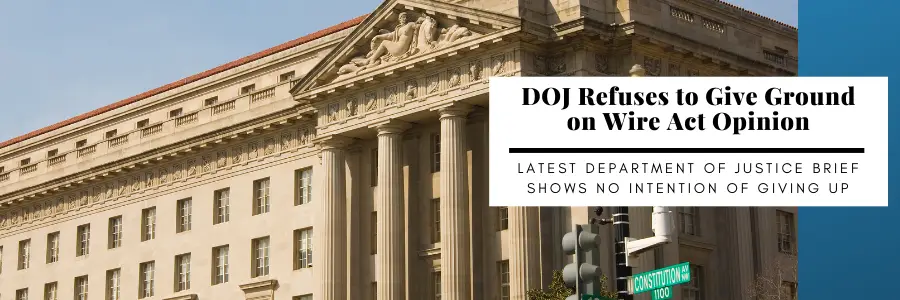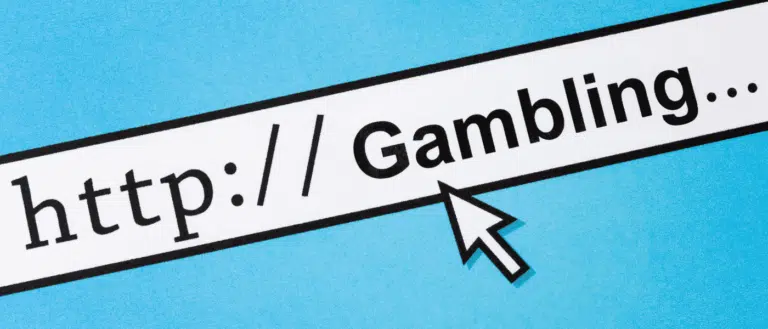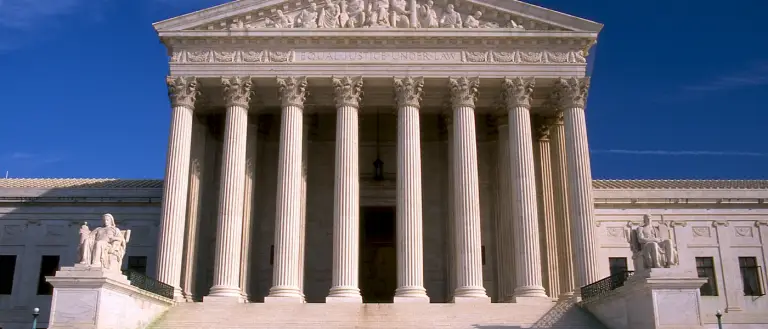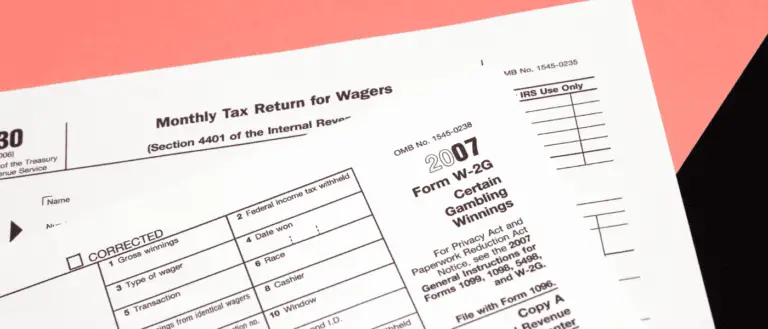DOJ Isn’t Ready To Give Up On Its Problematic Wire Act Opinion

The Department of Justice isn’t ready to throw in the towel on its highly criticized 2018 Wire Act opinion. This summer, the DOJ appealed the ruling by New Hampshire District Court Judge Paul Barbadoro that said the Wire Act only applied to sports betting, but it waited until the last minute to file its brief on December 20.
The argument the DOJ is using appears to rely on the idea that enforcement against a state lottery is hypothetical:
“In 2018, the Office of Legal Counsel revisited one interpretive question under the Wire Act—whether all four offenses in 18 U.S.C. § 1084(a) concern only sports gambling—and concluded that the statute was not so limited. OLC did not opine about whether, and if so how, the Wire Act would apply to the particular context of lotteries owned and operated by States. Nonetheless, plaintiffs—a State lottery and two of its vendors—brought this lawsuit seeking to prevent future enforcement of the statute against them. The district court erred in adjudicating that claim because no such enforcement is imminent or threatened and the possibility of prosecution in the future is entirely hypothetical.”
Two days before filing its brief, the DOJ pushed back enforcement of the 2018 opinion another six months.
The Return of CSIG
Two longstanding online gambling opponents also filed a joint amicus brief, the Coalition to Stop Internet Gambling and the National Association of Convenience Stores.
It reads in part:
“The federal government has long struck a careful balance when it comes to the regulation of lotteries and gaming, allowing States that wish to do so to embrace certain types of gaming within their borders, while respecting and assisting other States’ decisions to adopt more restrictive gaming policies. But New Hampshire and NeoPollard’s proposed reading of the Wire Act, if adopted by this Court and applied to other federal gaming laws that use similar language, will upend this careful balance—allowing a single State that wants to permit gaming as broadly as possible to export that policy to every other State.”
The DOJ Needs to Win a Two-Front Battle
There are two points of contention with the 2018 DOJ opinion:
- Does the Wire Act apply to all forms of online gambling or just sports betting?
- Does the Wire Act prohibit intrastate online gambling that uses intermediary routing, or is it limited to interstate gambling?
If the answer to the first question is, as the New Hampshire District Court ruled, limited to sports betting, then not only are states free to offer intrastate online poker and casino games, they can also offer interstate games.
However, even if the answer to the first question is that the Wire Act applies to all forms of online gambling, states would still have the authority to legalize intrastate betting if the answer to the second question is that the intermediary routing is permissible or if the state undergoes the burdensome process of ensuring all communications stay in-state.
Essentially, the DOJ needs a court to rule that:
- The Wire Act applies to all forms of online gambling, including state-sponsored online gambling.
- The Wire Act prohibits the use of intermediary routing of information.
There’s Another Factor at Play Too
If, in the unlikely scenario that the DOJ prevails on both counts, a third question could come into play: Does the Wire Act apply to legal, state-regulated and licensed online gambling, or is it limited to unlicensed, unregulated online gambling?
It’s safe to say a tipping point has been reached in the US.
Online gambling, from lotteries to horseracing, to casino to poker to sports betting is increasingly available. As such, even if the courts side with the DOJ, there’s a good possibility that Congress would have to take action and finally fix and update the thoroughly broken and outdated law that is the 1961 Wire Act.
The easiest way to provide law enforcement with the tools it needs to go after offshore online gambling operators while not impugning on state-sponsored online gambling would be to amend the Wire Act to explicitly say it only pertains to unlicensed online gambling.
All Bark and No Bite?
The 2018 opinion has garnered a lot of attention, but based on the spread of legal online gambling since it was issued, there aren’t too many people taking it all that seriously.
States are not only passing and launching online gambling, but they’re also passing and launching online sports betting, something the Wire Act explicitly covers. So far, the DOJ has done nothing to prevent any state from legalizing or launching online gambling.
As Michigan Rep. Brandt Iden, who helped shepherd online gambling over the finish line in Michigan told me in a November interview:
“I always tell legislators when the question gets asked, don’t be afraid of the Wire Act. I tell them you can still do in-state betting. You can still proceed with legislation. Plenty of other states are doing it, and the federal government is not jumping in. In this particular case, the DOJ [Department of Justice] has gone back and forth on these opinions. They’re in, they’re out. I don’t think the federal government knows what they’re doing. It’s frustrating to sort of say that as a lawmaker, but I do hang my hat on the belief that this is not an issue that they’re really going to go after states on.”







